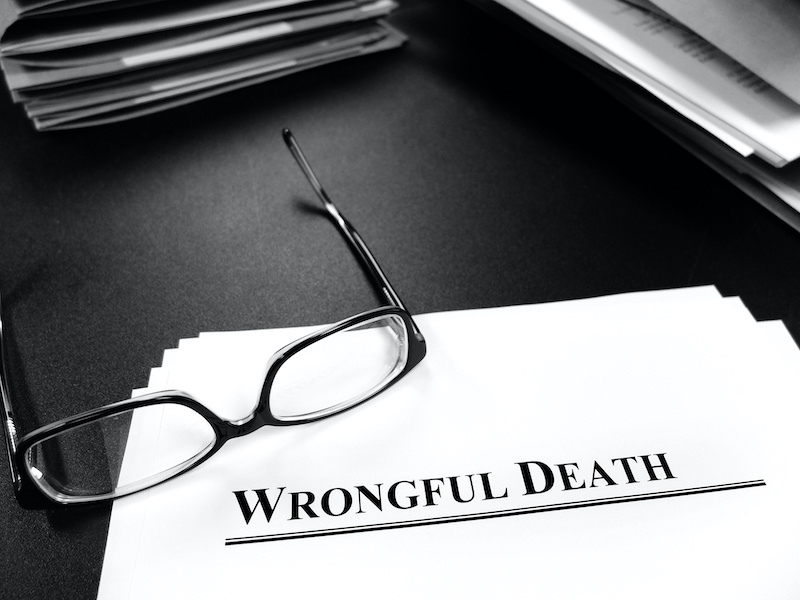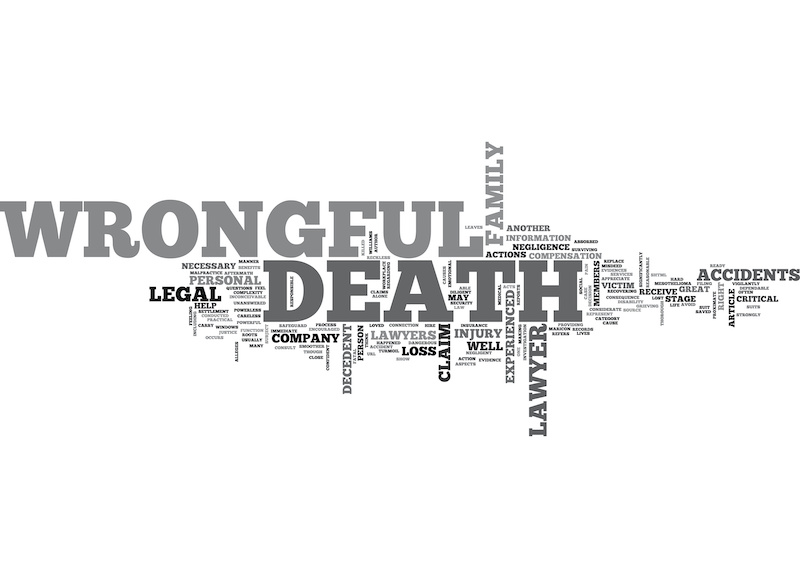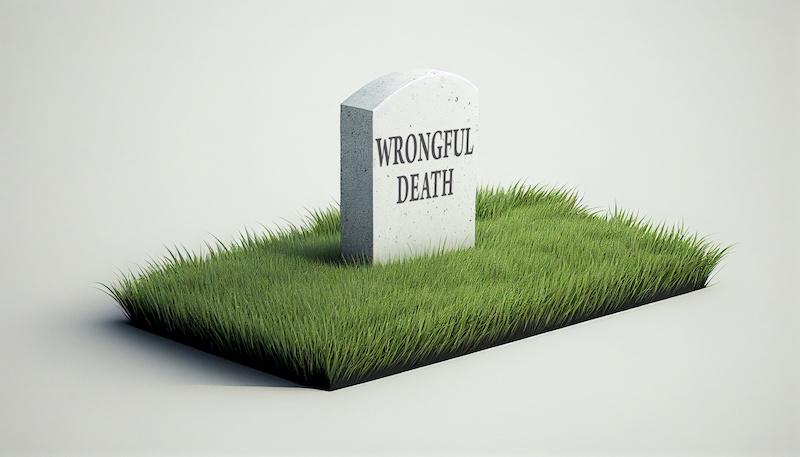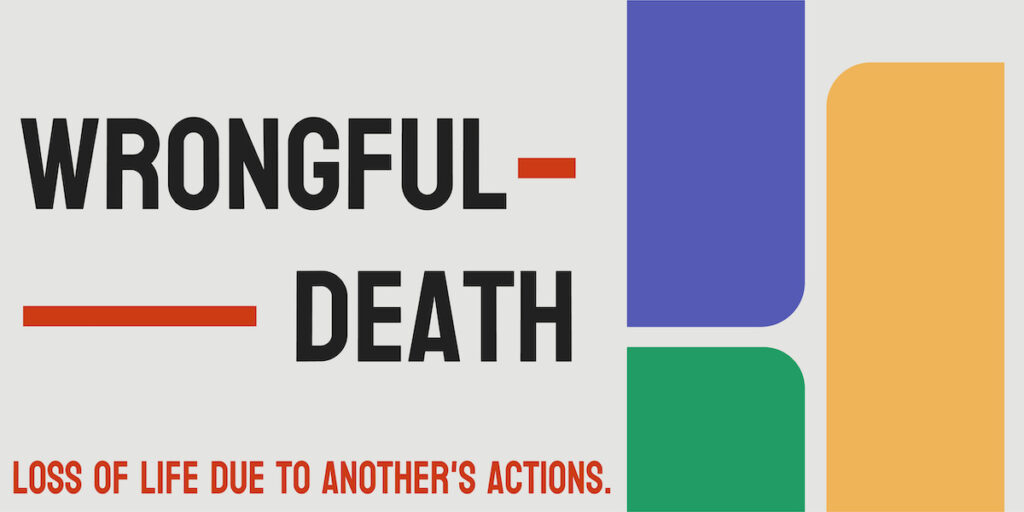
Wrongful death lawsuits and probate proceedings are both civil legal matters that occur after somebody has died. When another individual or entity causes the death of a loved one, you can file a wrongful death lawsuit. And, ultimately, the awarding of compensation to surviving family members. Probate is a court proceeding that deals with administering a decedent’s estate, inventorying their accounts and property, paying off creditors, and making distributions to heirs or beneficiaries.
While probate proceedings are common when a person dies, very few deaths give rise to this type of death claim. However, these two can intersect if somebody dies due to another’s misconduct. State laws vary on who has the legal authority to file a wrongful death case. States vary considerably on how to process the proceeds of these claims.
What Is a Wrongful Death?

A wrongful death, as the term implies, is a death that results from the “wrongful” action of another, such as negligence, carelessness, recklessness, or intentional conduct. Both individuals and entities, such as businesses and governments, can commit a wrongful action that leads to death. For example:
- A person drives drunk and kills somebody else in a car accident
- A doctor negligently fails to diagnose or treat a patient’s medical condition that proves to be fatal
- A company manufactures a toxic chemical that causes a deadly illness
- One person assaults another and kills them
Wrongful death is a matter of civil law, although in some cases—perhaps most famously the O.J. Simpson case—a person’s death can lead to both criminal and civil charges.
Wrongful Death Lawsuit: Who Can File?

A wrongful death lawsuit can award damages to pay for the decedent’s medical bills, pain and suffering, and funeral expenses. It can also provide money to survivors for their economic and emotional injuries, such as loss of financial support, household services, and love and companionship.
- Survivors of the decedent designated by state law, such as a surviving spouse or romantic partner, children, parents, or siblings
- The decedent’s estate, via their personal representative (referred to in some states as an executor)
In states where survivors are allowed to sue, the right to file suit is typically prioritized based on the closeness of the relationship, with a surviving spouse and children given priority.
Some states allow groups of survivors to sue. Others give priority to family members and give them a limited amount of time to file a lawsuit, and, if they fail to do so, additional relatives and even unmarried domestic partners can then sue.
There are also certain states where only the decedent’s probate estate can file a wrongful death lawsuit. In these states, the personal representative of the probate estate (for example, a family member or a lawyer) is the only party who has the legal authority to act on behalf of the estate and file the lawsuit. The personal representative of the probate estate might be someone who was named in the decedent’s will or appointed by a judge according to state law if the decedent died without a will.
Death, Estates, and Probate

Probate is not always necessary when someone dies; there are instances when the value of the decedent’s money and property is small enough to avoid probate, or the family uses estate planning tools such as living trusts to avoid it.
Wrongful death claims, as previously mentioned, are relatively uncommon. In 2022, there were just over 227,000 preventable deaths caused by injuries nationwide and not all of these were wrongful deaths.
To summarize, if a wrongful death lawsuit is filed, it is likely to trigger probate and court involvement considerations in one way or another. The specific ways in which wrongful death and probate intersect, however, are largely dependent on state law.

Talk to a Lawyer About Wrongful Death and Settling an Estate
Closing the book on a loved one’s estate can be procedurally complicated and emotionally difficult no matter the circumstances of their death, but if their passing also involves a wrongful death claim, the situation can become much more emotional and increasingly complex.
About Skvarna Law Firm in Glendora and Upland, California
Skvarna Law Firm operates offices in Glendora and Upland, California. We provide legal services. We cover San Bernardino, Los Angeles, Orange, and Riverside Counties. This includes several cities. Upland, Ontario, Rancho Cucamonga, Fontana, Colton, Rialto, Chino, Chino Hills, Glendora, Claremont, Pomona, La Verne, Montclair, San Dimas, Azusa, Covina, West Covina, Diamond Bar, Walnut, La Puente, Corona, Norco & Mira Loma. Visit SkvarnaLaw.com to learn more.


